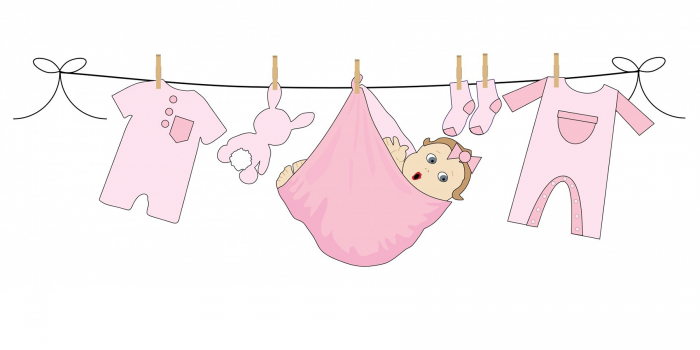What is a dangling participle, you may ask. It’s not the worst grammar gaffe, just the funniest.
An example is “Hanging on the line, I saw my father’s shirt.” The phrase “hanging on the line” contains a participle, which is part adjective and part verb, in this case “hanging.”
It is said to be dangling because the phrase should describe the subject of the sentence, but it doesn’t. “I” am not hanging. That would be the shirt.
To rescue the participle from dangling, it needs to be nearest to the noun it modifies. “I saw my father’s shirt hanging on the line.”
Dangling a participle is very easy to do by accident. Even the pros do it from time to time.
Seen crawling across the screen of a local television news program: “Two men attack woman wearing clown masks.”
I was intrigued by that headline, wondering how many masks the woman was wearing when she was attacked and why she was wearing clown masks in the first place. It should read: “Two men wearing clown masks attack woman.” Put the participle closest to the noun it modifies.
Why am I telling you this? Because dangling participles are funny. They make me laugh. Even more important, they make editors laugh and then your article is amusing when maybe you didn’t intend it to be.
The solution? Read your manuscript with care. Out loud if possible. You can hear more errors than you will pick up reading silently.
Borrow a friend who writes as least as well as you do to edit your work. Someone you can trust to read carefully and be honest with you.
A face-to-face critique group or a writing buddy is invaluable for close reading and editing.
A group such as White County Creative Writers can be a source of help and encouragement to you as you pursue your creative writing goals.
- Dialogue 101 - July 18, 2025
- A Little Perspective - July 22, 2024
- Downsized: A Poem - February 5, 2024


Thanks Dot for the lesson. As a former English teacher I am a grammar Nazi. But even I make mistakes from time to time ?